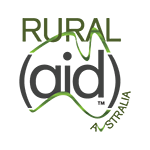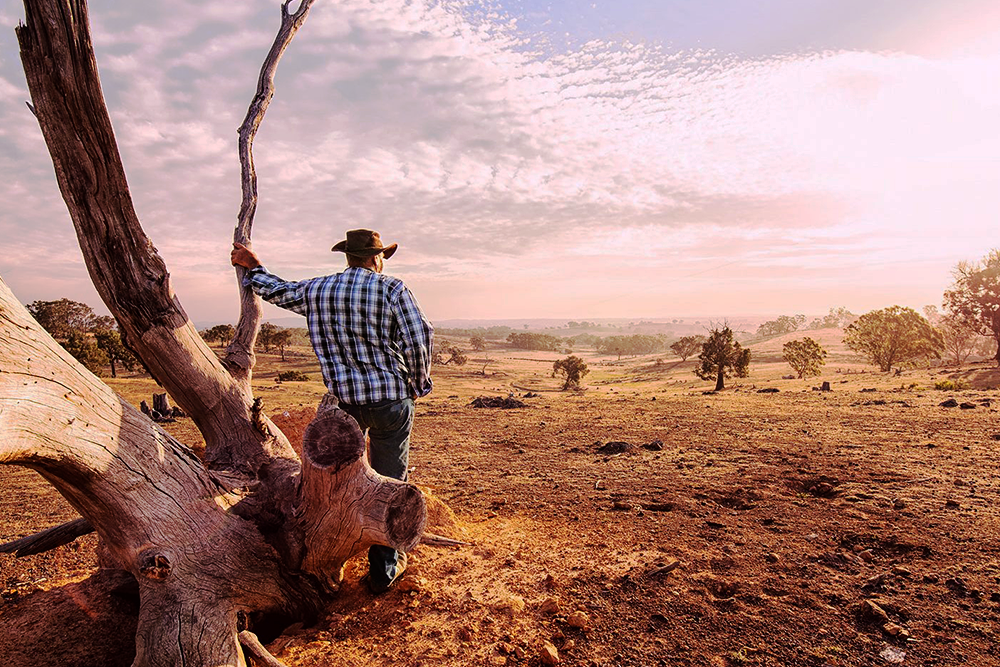RURAL AID BUILDS ON 2020 WEBINAR SUCCESS
Australia’s leading rural charity is helping strengthen country towns through another round of free Community Builders webinars.
Off the back of last year’s popular sessions, this year’s series features more community leaders who’ve gone above and beyond to ensure their beloved town is put back on the map- for tourists and residents alike.
The free webinars will run for eight weeks, under the theme ‘The Reinvention of Small Towns’. Norseman in Western Australia is the first town to be featured, starting off the series on February 11 at 4pm AEDT.
Local leaders in in this town have worked hard to make sure their patch has a big impact on passers-by making a powerful and positive first impression on travellers. The communities have then transformed that awe and interest, into generous numbers of returned visitors.
Hailing from the north of WA, Peter Fitchat CEO of The Shire of Dundas in the town of Norseman will kickstart the series, sharing his insights on being part of a community that punches above its weight.
CEO of Rural Aid, John Warlters, said the webinars are an integral part of the Stronger Futures program.
“Rural Aid is heavily invested in strengthening rural communities through the sharing of ideas and experience. Connecting locals with a dream, to those with the means, can result in the transformation of entire districts,” Mr Warlters said.
Peter Kenyon from the Bank of I.D.E.A.S. fearlessly leads the webinars, freely sharing his immense knowledge on revitalizing regional centres. He’s urged anyone interested in breathing new life into their community to tune in.
“Each webinar is bursting with insider knowledge. Experienced community leaders generously offer their success stories on how to turn a town around,” Mr Kenyon said.
The series will feature towns who’ve used innovative methods to renew their community, such as:
- Positive First Impressions
- Indigenous Culture and Heritage
- Murals and Public Art
- Ignoring the Remote Label with Enterprise
- Local Power/Energy Initiatives
- Revitalisation of the Country Show
- Making the most of the assets in your town
- Entrepreneurial Value adding Local Agricultural Products
To register for the webinars, visit https://my.demio.com/ref/RUGroFy8QM6JQC4d
For more information, contact Rural Aid media on 0447 116 757 or media@ruralaid.org.au


